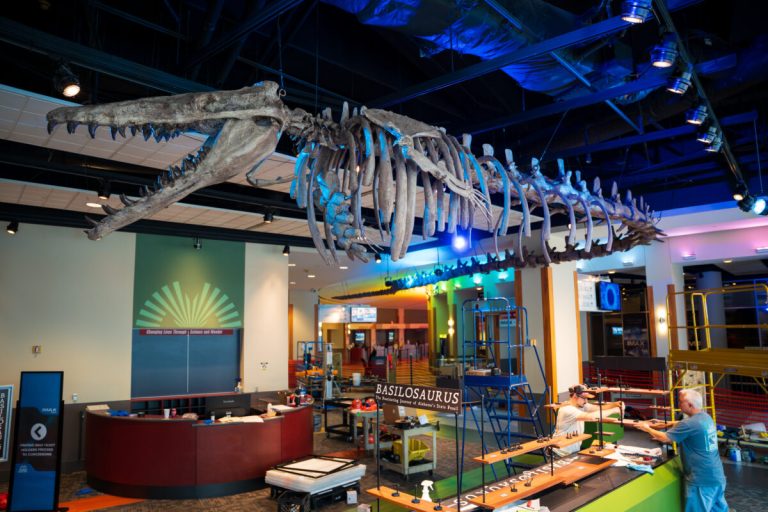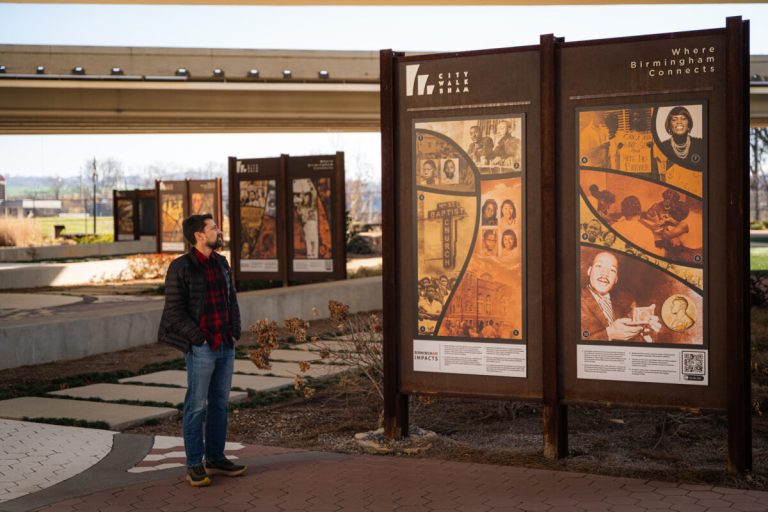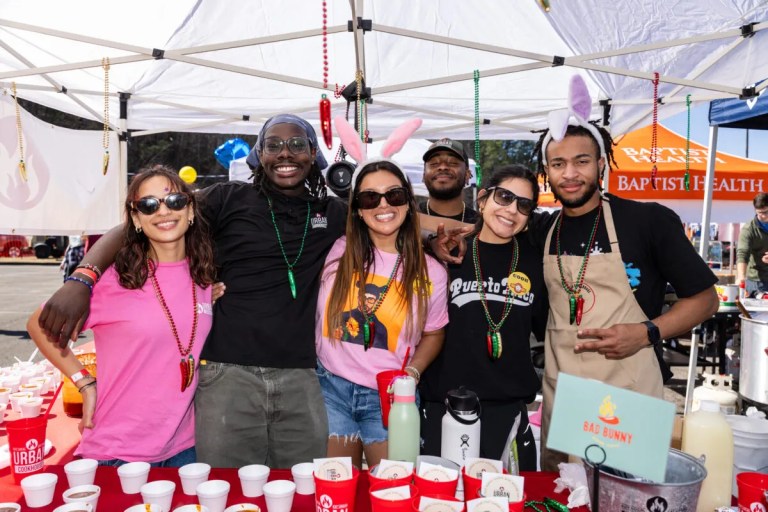Reviewed by: Gabby Gervais
Spot the warning signs of a mental health crisis [FREE TRAINING]
Reading time: 4 minutes
Sponsored
![Spot the warning signs of a mental health crisis [FREE TRAINING] 1 Addiction Prevention Coalition](https://i0.wp.com/bhamnow.com/wp-content/uploads/2023/04/MHFA-4-e1684949919389-1200x729.jpg?resize=1200%2C729&quality=89&ssl=1)
There are many factors that can cause our mental health to falter, leading to anxiety, depression, substance use disorders and more. But there is support, and it’s within easy reach thanks to Addiction Prevention Coalition (APC)—a local nonprofit community resource whose vision is to be a leader in addiction prevention by inspiring people to live with hope, resilience and purpose. Read on to learn about their free Mental Health First Aid training for adults, teens and youth across Birmingham and why you should sign up today.
About Mental Health First Aid training
![Spot the warning signs of a mental health crisis [FREE TRAINING] 2 mental health](https://i0.wp.com/bhamnow.com/wp-content/uploads/2023/04/MHFA-3.jpg?w=1500&quality=89&ssl=1)
When someone you know is having a mental or behavioral health crisis, it can be tough. You’ll likely wonder what you can do to help. This is where APC steps in with free Mental Health First Aid training.
These free training courses:
- Teach people the best responses if faced with situations that involve someone facing a mental or behavioral health crises.
- Help people gain an understanding of what people may need during and after a crisis.
- Help people gain insight into recovery + resiliency, and how individuals experiencing these challenges can and do get better.
“I enjoyed the Mental Health First Aid training! It was very informative. It was presented in a way that had me think outside the box on how to approach people that have expressed suicide. I can now confidently check for warning signs and ask them if they are in need of assistance.”
Mental Health First Aid participant
What are the signs of a mental or behavioral health crisis?
![Spot the warning signs of a mental health crisis [FREE TRAINING] 3 mental health](https://i0.wp.com/bhamnow.com/wp-content/uploads/2023/05/IMG_7214-scaled-e1682629518597-1154x1200-2.jpg?resize=1147%2C636&quality=89&ssl=1)
Some common signs and symptoms of someone who may be struggling with their mental health include:
- Acute psychosis (hallucinations or delusions)
- Agitation
- Anxiety
- Depression
- Panic attacks
- Poor self-care
- Suicidal thoughts or behaviors
- Non-suicidal self-injury
- And more
To sign up for free Mental Health First Aid training, contact Addiction Prevention Coalition today.
3 types of Mental Health First Aid training
![Spot the warning signs of a mental health crisis [FREE TRAINING] 4 Addiction Prevention Coalition](https://i0.wp.com/bhamnow.com/wp-content/uploads/2023/04/MHFA-1.jpg?resize=976%2C732&quality=89&ssl=1)
APC offers three types of Mental Health First Aid training. Here’s a look at each:
1. Adult Mental Health First Aid
For: Ages 18+, employers and employees, police officers, hospital staff, first responders and caring individuals
What you’ll learn:
- How to identify, understand and respond to signs and symptoms of mental health and substance use challenges among other adults + how to interact with a person in a crisis.
- Self-care + trauma care first aid.
*Adult Mental Health First Aid training is available in person and virtually.
2. Teen Mental Health First Aid
![Spot the warning signs of a mental health crisis [FREE TRAINING] 5 Addiction Prevention Coalition](https://i0.wp.com/bhamnow.com/wp-content/uploads/2023/04/MHFA-2.jpg?resize=986%2C740&quality=89&ssl=1)
For: Teens in high school, grades 10-12
What you’ll learn:
- How to identify common signs and symptoms of mental illness, substance use and mental health crises like suicide, among their friends and peers
- How to have open conversations relating to mental illness + addiction with friends
- The impact of school violence + bullying on mental health
- How to seek help when needed
*Teen Mental Health First Aid training is available in person only.
3. Youth Mental Health First Aid
![Spot the warning signs of a mental health crisis [FREE TRAINING] 6 Addiction Prevention Coalition](https://i0.wp.com/bhamnow.com/wp-content/uploads/2023/04/IMG-7786.jpg?resize=1200%2C900&quality=89&ssl=1)
For: Adults, teachers, school staff, coaches, counselors, youth group leaders, parents and all other populations that work with youth
What you’ll learn:
- How to identify and understand the signs of mental health and substance use challenges among children and adolescents ages 12-18
- Common signs and symptoms of mental health challenges in this age group, such as anxiety, depression, ADHD and eating disorders
- Common signs of substance use challenges
- How to interact with a child or adolescent in a crisis
- How to connect youth with the proper help
- Trauma, self-care + the impact of social media on bullying
*Youth Mental Health First Aid training is available in person and virtually.
Ready to boost your mental health knowledge and help others? Sign up for a Mental Health First Aid training with APC.
To learn more about Addiction Prevention Coalition and how they’re helping boost mental health, visit their website and follow them on Facebook and Instagram.
Sponsored by:

![Spot the warning signs of a mental health crisis [FREE TRAINING] 7 Addiction Prevention Coalition](https://i0.wp.com/bhamnow.com/wp-content/uploads/2021/02/addiction-prevent-coalition-logo.png?fit=300%2C53&quality=80&ssl=1)


